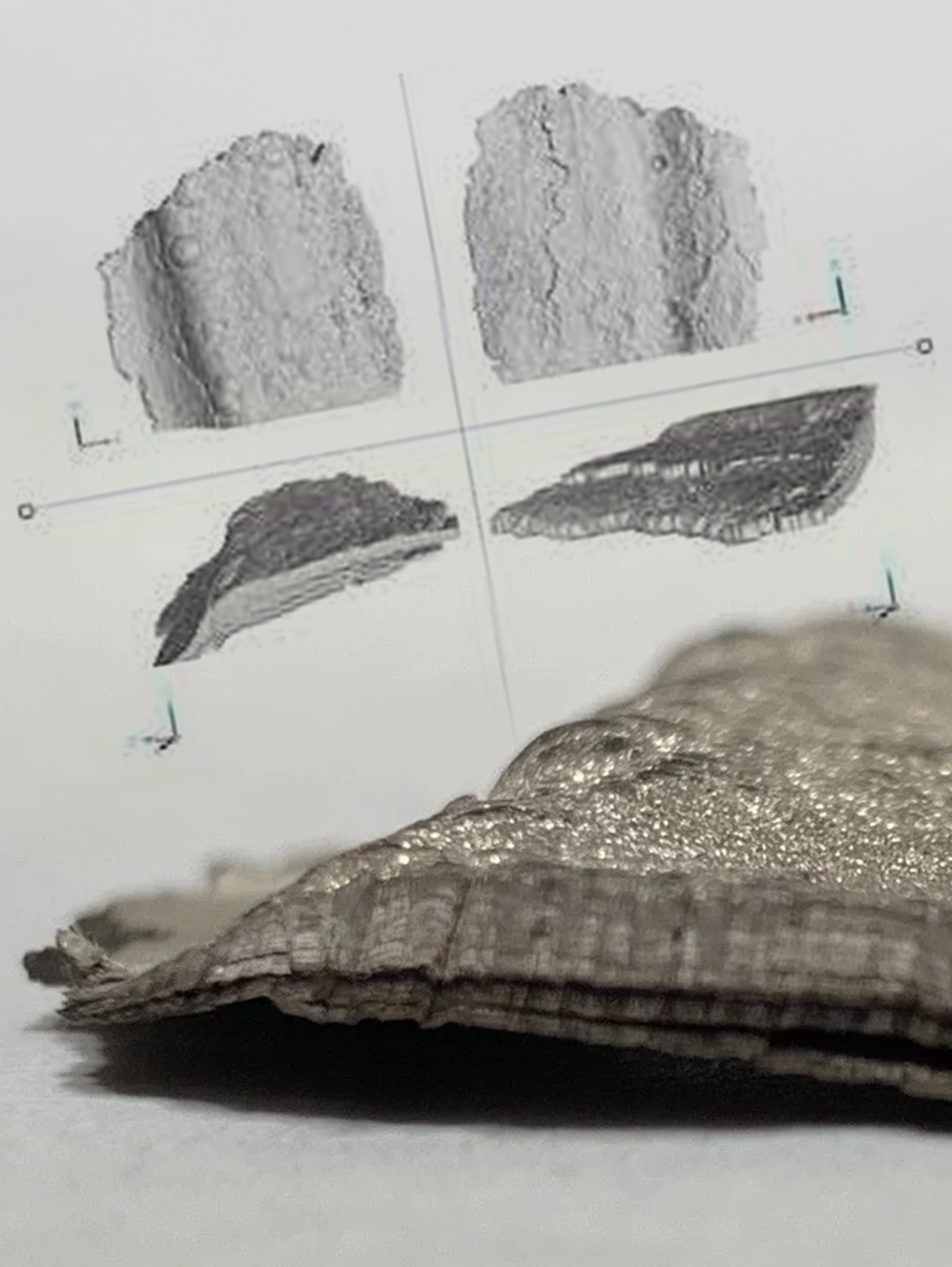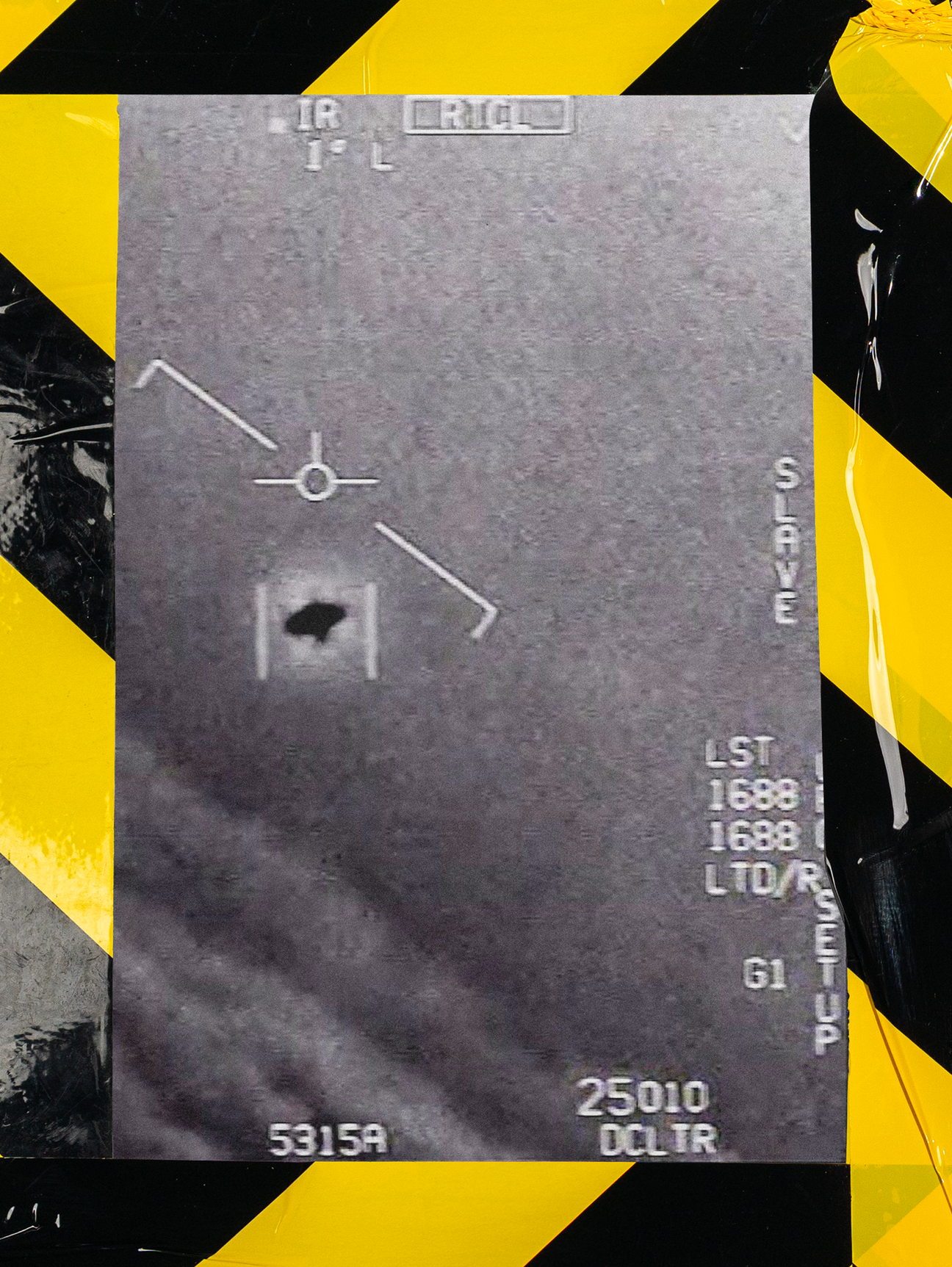Rubio and Gillibrand were joined by Senators Lindsey Graham (R-SC), Martin Heinrich (D-NM), and Roy Blunt (R-MO).
Rubio is the Vice Chairman of the Senate Select Committee on Intelligence.
“It is my hope that the creation of a new joint Defense Department and Intelligence Community office focused on UAPs will provide the resources, analytics and attention needed to determine what is loitering around our military training ranges,” Rubio said. “The DoD and IC need to ensure a more uniform collection strategy is in place and that we continue to destigmatize reporting on UAPs, particularly from military aviators. Significantly, we also maintain the transparency and accountability that my provision in last year’s Intelligence Authorization Act report provided, by ensuring ongoing unclassified reporting.”
“Our national security efforts rely on aerial supremacy and these phenomena present a challenge to our dominance over the air. Staying ahead of UAP sightings is critical to keeping our strategic edge and keeping our nation safe,” Gillibrand said. “My amendment will establish a formal office to report and respond to UAPs and give us the scientific capabilities needed to track and share data, investigate sightings, and develop a response to this growing security threat. The United States needs a coordinated effort to take control and understand whether these aerial phenomena belong to a foreign government or something else altogether. I am proud to have worked alongside Congressman Gallego to include this amendment that will help remove the stigma surrounding UAPs, protect our nation, and keep those who serve safe.”
- Collection & Analysis of Data into a Central Repository: The UAP office will supervise the development and execution of intelligence collection and analysis regarding UAPs in order to understand their technical and scientific characteristics. The UAP office will receive relevant data immediately from Intelligence Community agencies.
- Establish a Science Plan: The UAP office will be responsible for implementing a science plan to test scientific theories related to UAP characteristics and performances.
- Build a National Priorities Intelligence Framework: The DNI will be required to consult with the Secretary of Defense to assign a level or priority within the National Intelligence Priorities Framework related to UAPs.
- Evaluate any links between UAPs and foreign governments or non-state actors: The UAP office will be tasked with evaluating threats that UAPs may pose to the United States. Additionally, the office will be responsible for coordinating with federal agencies, including the FAA and NASA, and international allies and partners on UAPs.
- Report to Congress: The UAP office will be required to provide unclassified annual reports to Congress and classified semiannual briefings on intelligence analysis, reported incidents, health-related effects, the role of foreign governments, and nuclear security.







